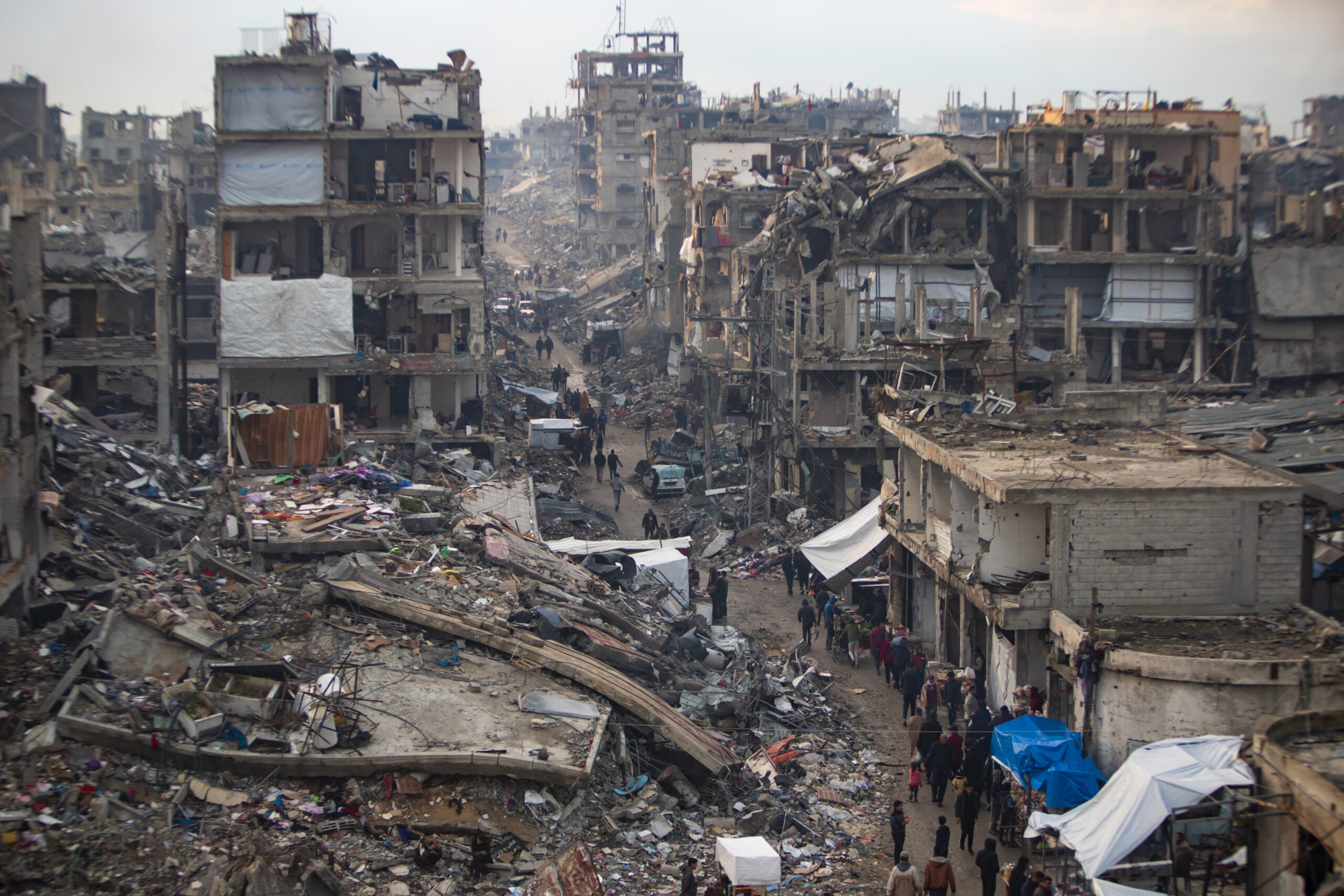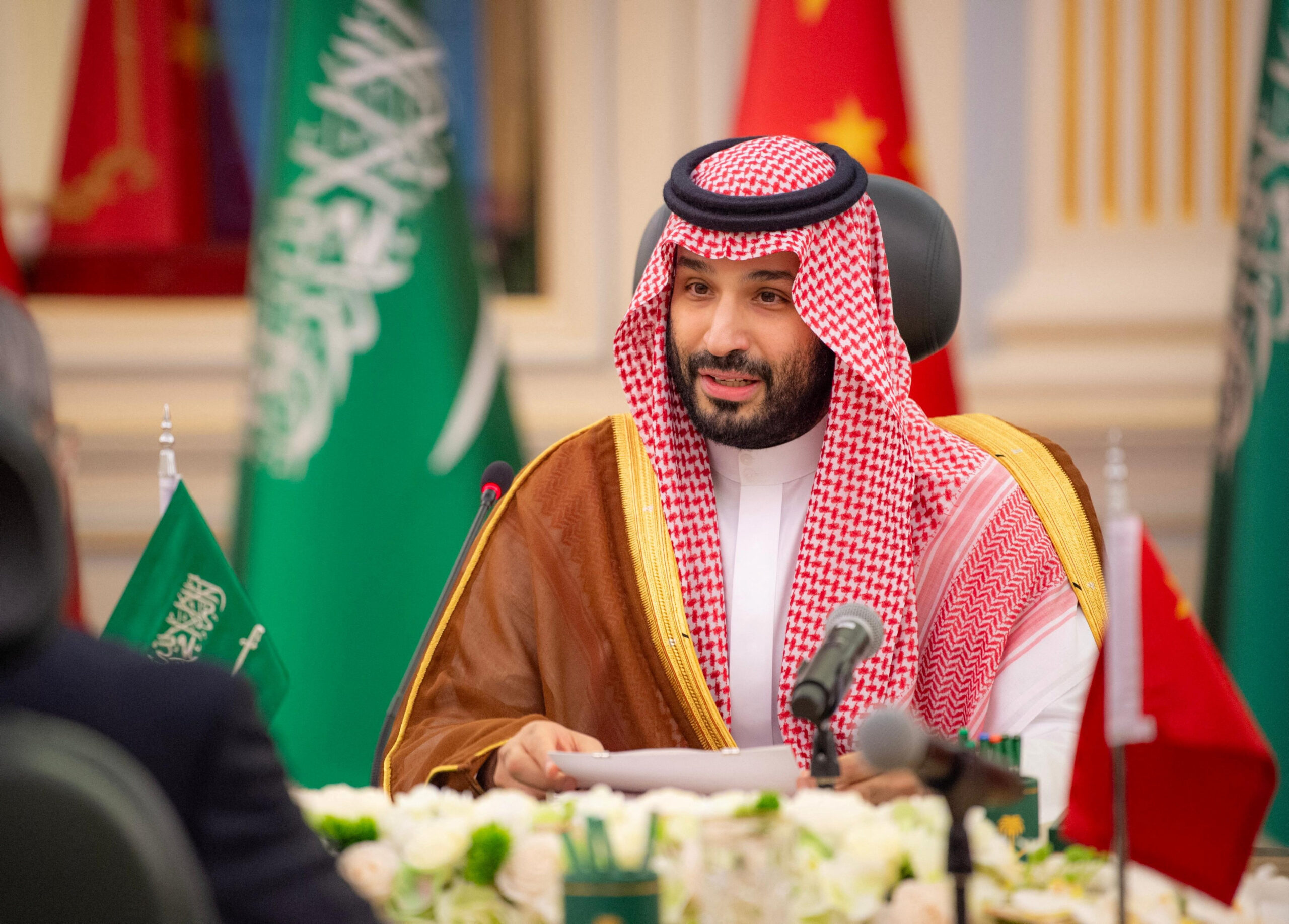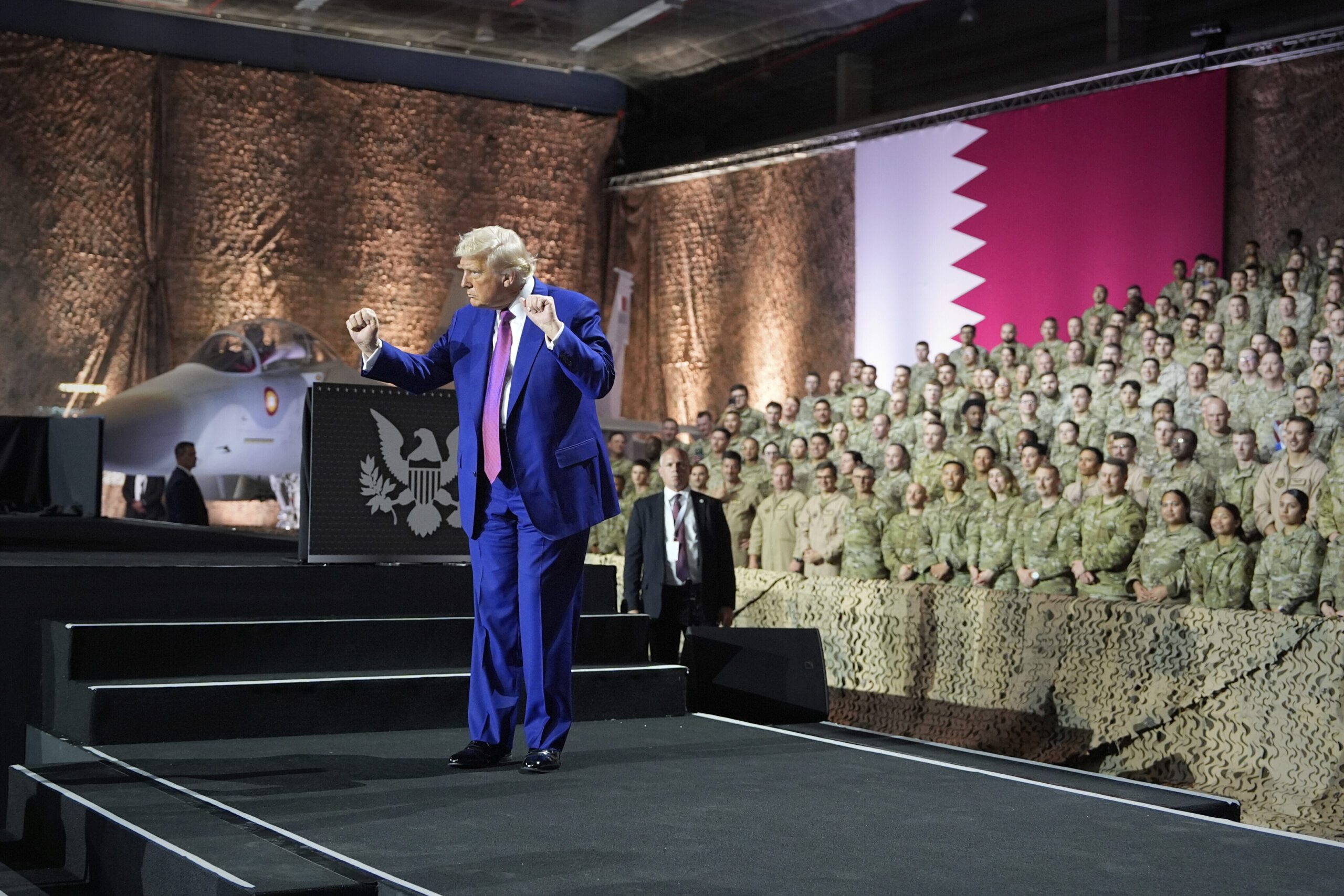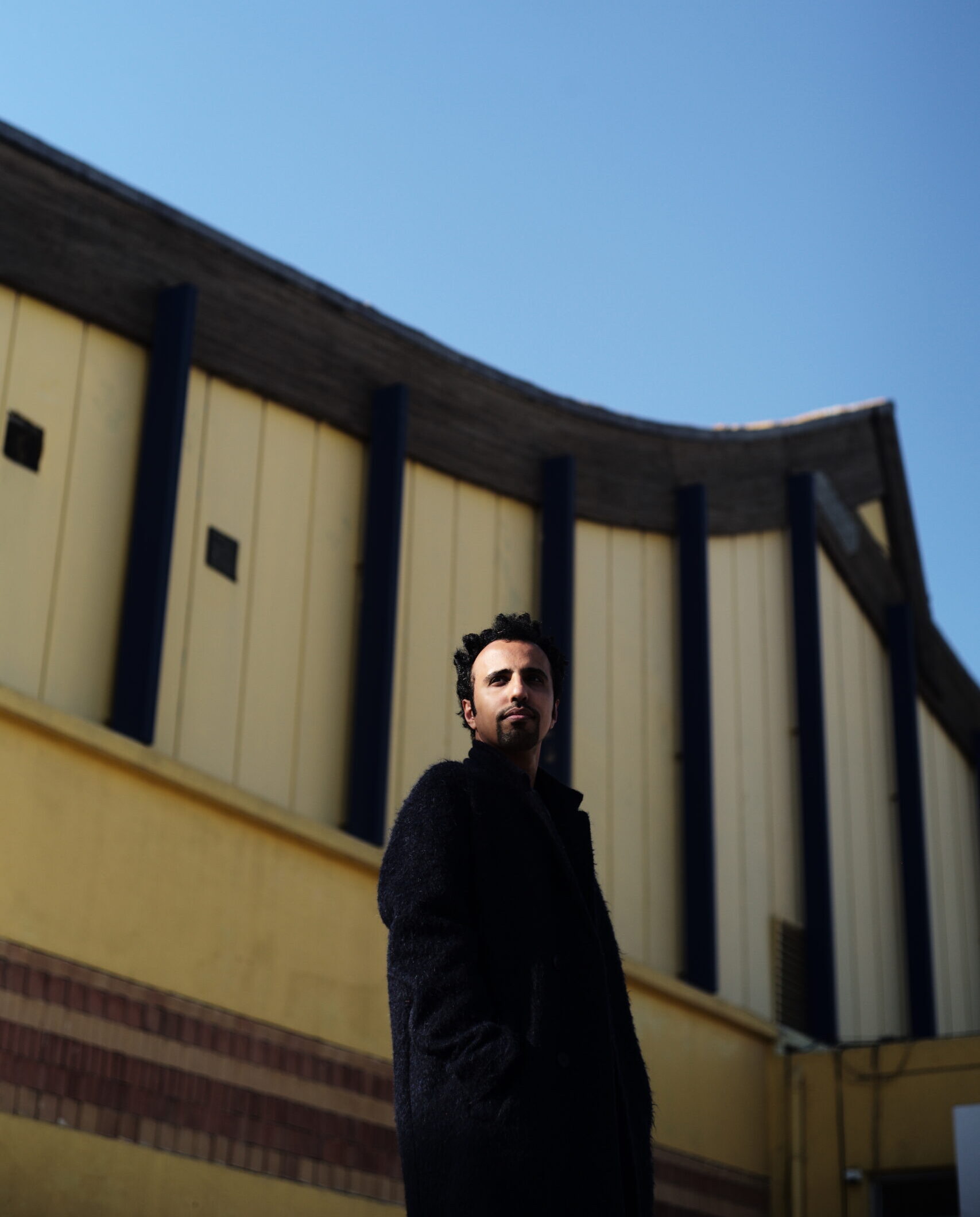Saudi Campaign for Palestinian State Recognition
A shift in Saudi priorities away from normalizing ties with Israel and toward building international recognition for a Palestinian state has succeeded, as Western states pledge support among mounting outrage over famine in Gaza.
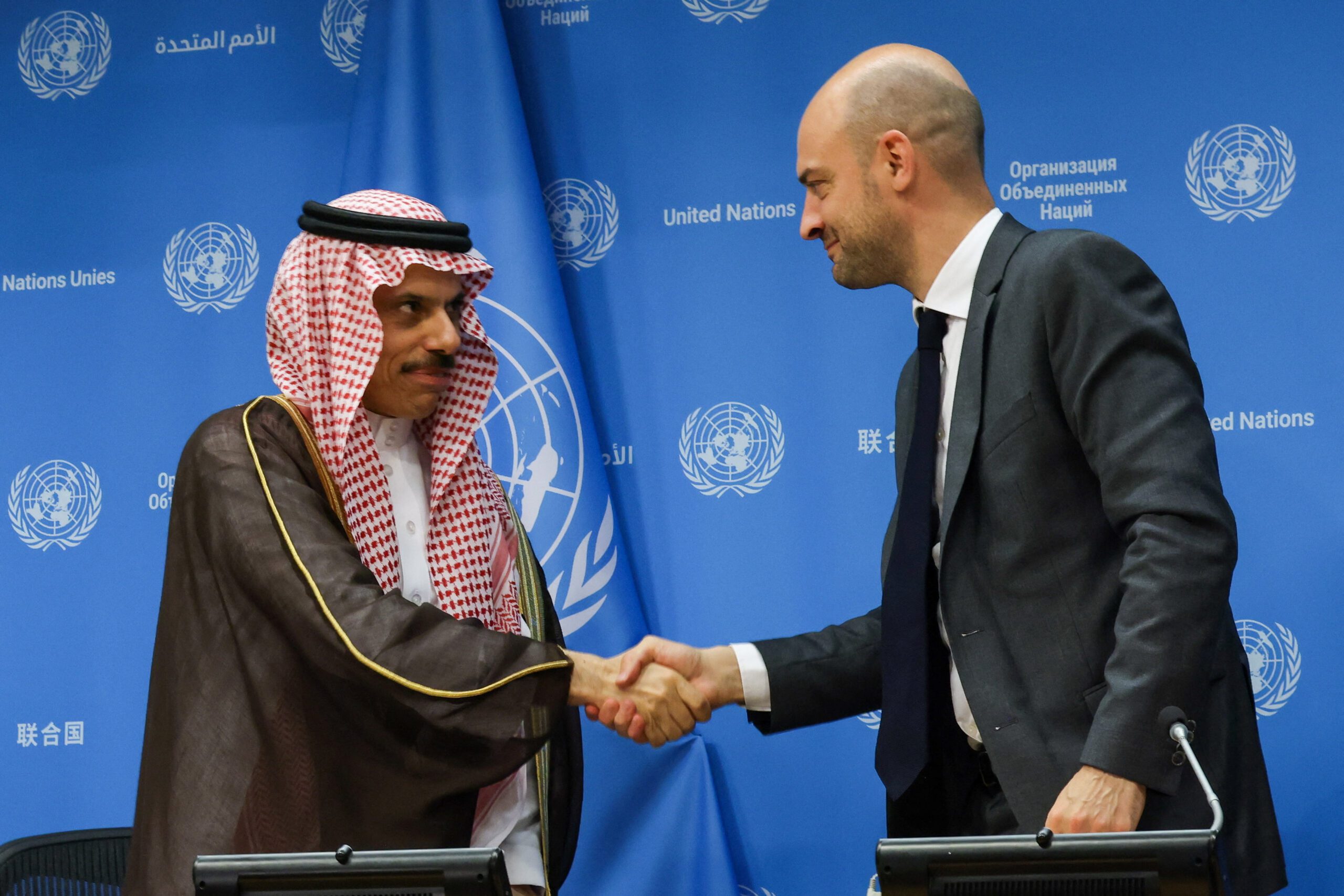
From July 28-30, Saudi Arabia and France co-chaired a United Nations conference seeking to mobilize international support to end the war in Gaza and quickly progress toward a lasting settlement of the Israeli-Palestinian conflict. Central to their goals was the resuscitation of the two-state framework for peace, embodied in a campaign for member states to recognize a Palestinian state before the 80th meeting of the U.N. General Assembly in September. Their diplomacy sought to build upon the momentum of states doing precisely that, with 10 countries, including the Western European states of Ireland, Norway, and Spain, recognizing Palestinian sovereignty since the onset of the Israel-Hamas war.
It can’t be lost on France and Saudi Arabia, nor the 17 co-chairs leading the working groups for the conference, the enormity of this task. In the aftermath of the October 7, 2023 Hamas attack on military bases, massacre of civilians, and seizure of hostages, Israel, backed by the United States, has been increasing its military control of Palestinian lands. The Saudi-French conference took place just as Israel approved plans to occupy Gaza City and among threats to unilaterally annex the West Bank, effectively ending any prospect of an independent Palestinian state. International recognition, then, presents a belated yet imperative response to resist these Israeli actions.
International outrage over the deaths of over 60,000 Palestinians in Gaza, the threat of involuntary transfer of the population, and especially the mounting evidence of famine have provided political momentum for the campaign.
And it has yielded tangible results. French President Emmanuel Macron announced on July 24 that co-chair France would recognize a Palestinian state. The United Kingdom and Canada have also said they will do so at the September General Assembly meeting, under certain conditions. This marks the first time G7 members and close allies of the United States have recognized Palestinian statehood.
The willingness of Saudi Arabia to play a global leadership role in this recognition campaign – in defiance of U.S. policy that Palestinian statehood should come only after Israel and Palestinians reach an agreement through negotiations – merits attention and reflection. What explains the change in Saudi diplomatic tactics toward the Palestinian issue? And what does the kingdom’s prominence and effectiveness indicate about its evolving foreign policy?
A Dramatic Change in Circumstances
The most obvious source for the shift in the direction of Saudi diplomacy is the dramatically changed circumstances after the October 7 Hamas attack and ensuing Israel-Hamas war. Indeed, weeks before the attack, on September 20, 2023, Saudi Crown Prince Mohammed bin Salman said in an interview with Fox News, “Every day we get closer” to normalization with Israel. Only a week after the attack, Saudi Arabia suspended talks on normalizing ties.
Yet this doesn’t fully capture the subtleties of the Saudis’ position and their understanding of how they might impact the decisions of the United States and the course of the Israeli-Palestinian conflict. The more definitive break in Saudi Arabia’s policy took place in the spring of 2024. This began with a hardening of the Saudi conditions to proceed with normalizing ties, from the more flexible language of “a credible, irreversible path to a Palestinian state,” to a restating of the 2002 Saudi-led Arab Peace Initiative: no diplomatic relations with Israel without the recognition of an independent Palestinian state based on the 1967 borders with East Jerusalem as its capital. In addition, a new condition was added: a cessation of the Israeli campaign in Gaza and the total withdrawal of Israeli forces.
Still the Saudi leadership left the door open for the administration of then-President Joseph R. Biden Jr. to use the leverage of a U.S.-Saudi agreement and diplomatic recognition of Israel to incentivize Israel to refrain from escalating the war. As late as April 2024, the Biden administration remained engaged in close negotiations with the Saudis toward an agreement to take to the Israelis, which the Saudi Foreign Minister Faisal bin Farhan declared to be “very, very close.”
Saudi engagement on the trilateral U.S.-Saudi-Israeli agreement persisted until the May 2024 Israeli assault on Rafah. At this point the Saudis appeared to lose confidence in the U.S. intent or ability to constrain the Israeli advance in Gaza. On June 17, Mohammed bin Salman urged the international community to recognize a Palestinian state; the very next day Israeli lawmakers explicitly voted to reject one.
In September, Mohammed bin Salman gave a speech before the Saudi Shura Council sharply condemning the “crimes of the Israeli occupation.” A week later, during the 79th U.N. General Assembly meeting, Saudi Arabia announced the global initiative to establish a Palestinian state. The Saudi foreign minister hosted the first meeting of the Global Alliance for the Implementation of the Two-State Solution a few days later in Riyadh.
Saudi Arabia’s Growing Multilateralism
There are two aspects of this shift in tactics that are important: First, the willingness of the Saudi leadership to break publicly with the United States on this issue and mobilize Western partners who share the alarm regarding the effective elimination of the two state option and show receptivity to recognizing a Palestinian state; second, the commitment of Saudi diplomacy to work through established multilateral institutions, in this case, the U.N.
The shift in tactics toward Israel and its U.S. protector can best be understood within Saudi Arabia’s strategic priorities and the changing threat perception of Israel within them. Since the implementation of the Vision 2030 blueprint and especially following the coronavirus pandemic, Saudi Arabia, like most other Gulf states, has given priority to its post-oil transformation and global economic integration. This has led Saudi Arabia and other Gulf oil-producing states to pursue policies of de-escalation and political stabilization, seen as the securing conditions for their development plans. Normalization with Israel and its integration within Gulf security and economic plans was once seen as possible, with Israel a potential asset, and this was a step taken by the United Arab Emirates and seriously considered by Saudi Arabia. Today, however, Saudi Arabia sees Israel’s policies – displacement of Palestinians, occupation of lands in Lebanon and Syria, war with Iran – as de-stabilizing the region and a threat to their national ambitions. When the promise of normalization did not induce a change in Israeli policies, nor challenge U.S. support for them, Saudi Arabia turned to unify other countries in opposition.
This is certainly a step beyond simply suspending talks with Israel or even issuing a statement condemning Israel’s actions. It is also an expansion beyond Saudi Arabia’s historic leadership with Arab and Islamic states, as was demonstrated with the Arab Peace Initiative and through Organization of Islamic Cooperation summits. This initiative involved bridging Arab and Islamic multilaterals with European countries, initially partnering with France. In leading the global alliance and co-chairing the U.N. conference, Saudi Arabia has demonstrated its confidence in working through international governmental organizations, built on the experience it gained in hosting the G20 summit in 2020 among others. And on discrete issues of national importance, it has demonstrated the confidence to risk pursuing a policy at odds with the administration of President Donald J. Trump.
What Does Saudi Arabia and the Campaign for Recognition Hope to Achieve?
The international community’s hesitance to recognize a Palestinian state has facilitated the erasure of Palestinian borders, weakened its national existence, and left Palestinian lives more imperiled. In expanding the coalition calling for a cease-fire and recognizing Palestinian statehood, Saudi Arabia and the broader alliance are increasing the isolation of Israel on this issue and escalating the political cost of Israeli policies.
The final document of the conference – the “New York Declaration on the Peaceful Settlement of the Question of Palestine and the Implementation of the Two-State Solution” – certainly makes ample and strenuous demands on Israel in defense of Palestinian sovereignty. Not only does it call for Israel to end the war and withdraw completely from Gaza, it also calls for restrictive measures against violent extremist settlers, the immediate halt to all settlements, and, ultimately, the Palestinian Authority’s assumption of sovereign rights over the land within the 1967 borders, including East Jerusalem.
This “One State, One Government, One Law, One Gun” policy of unifying Palestinian territories under a reformed Palestinian Authority demands that Hamas surrender both political authority and weapons – a point that has sparked tension between Hamas leaders and neighboring Arab governments. And for the first time all signatories, including the Arab League and Organization of Islamic Cooperation, condemned the October 7 attack by Hamas. The document also promises “tangible steps in promoting mutual recognition, peaceful coexistence, and cooperation among all States in the region,” stating that “regional integration and independent Palestinian Statehood are intertwined objectives.” In this way, Saudi Arabia has not abandoned the two pillars of its policy, only downgraded the prominence of normalization with Israel for the priority of salvaging Palestinian sovereignty.
That sovereignty still appears imminently imperiled. The new security calculus of Israel post-October 7, Israeli Prime Minister Benjamin Netanyahu’s domestic political interests, and the continued conviction of the Trump administration to let Israel determine its own direction in the course of its war with Hamas appear to be leading toward a direct Israeli takeover of Gaza City and eventually all areas of Gaza. Netanyahu has stated that Israel does not intend to govern Gaza for the long term, but rather will transition toward the establishment of an alternative civilian administration that involves neither Hamas nor the Palestinian Authority. Saudi Arabia, alongside the Arab League, the Organization of Islamic Cooperation, and an expanded coalition of European partners, has laid down a marker that they will not support such an administration without Palestinian authority and the eventual governance of a Palestinian state.
The views represented herein are the author's or speaker's own and do not necessarily reflect the views of AGSI, its staff, or its board of directors.


